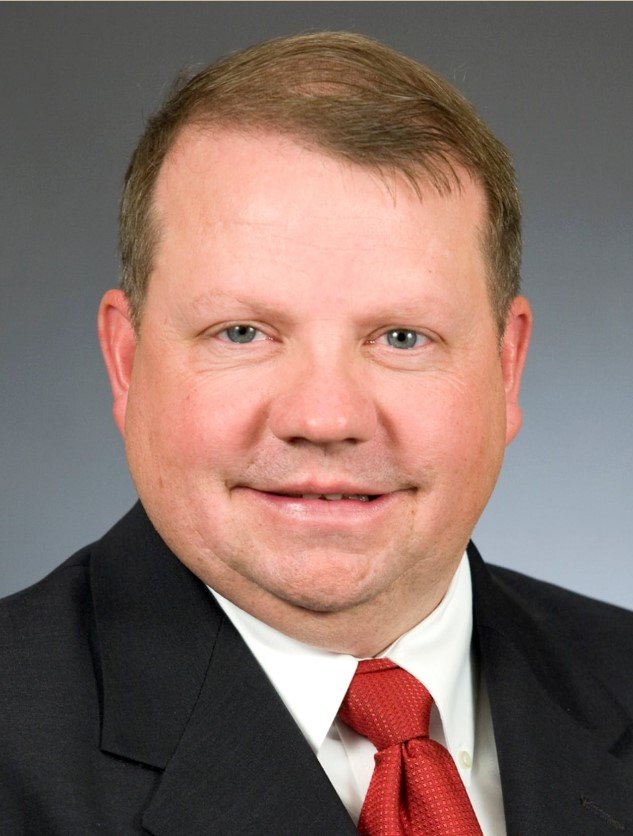Governor Tim Walz expressed his optimism after a productive meeting with law enforcement and legislative leaders over the controversial SRO law that has led to many school districts losing their school resource officers.
What is the SRO law and why is it causing problems?
The SRO law, which was passed in 2021 as part of the police accountability bill, requires school districts and law enforcement agencies to sign a written agreement that outlines the roles and responsibilities of school resource officers (SROs). The law also mandates that SROs receive training on topics such as child development, trauma-informed practices, implicit bias, and cultural competency.

However, many law enforcement agencies have refused to sign the agreement, citing concerns over liability, indemnification, and oversight. As a result, about 40 school districts across Minnesota have lost their SROs, leaving them with no security presence or alternative plan.
What did Walz and other leaders discuss in the meeting?
Walz met with legislative leaders from both parties, representatives from the Minnesota Police and Peace Officers Association, Minnesota Sheriff’s Association, League of Minnesota Cities, and the Attorney General’s Office on Wednesday night. The meeting lasted for about two hours and covered various aspects of the SRO law.
According to Walz, the meeting was constructive and respectful, and everyone agreed on the importance of having SROs in schools. He said that they discussed possible solutions to address the concerns of law enforcement agencies, such as clarifying the language of the agreement, providing more flexibility for local decision-making, and ensuring adequate funding for SRO training.
Walz also said that he is open to calling a special session if there is a bipartisan agreement on how to amend the SRO law. He said that he hopes to have a resolution by the end of the week.
How did other participants react to the meeting?
The participants of the meeting had mixed reactions to the outcome. Some expressed hope that a compromise can be reached soon, while others remained skeptical or frustrated.
Senate Majority Leader Paul Gazelka, a Republican, said that he appreciated Walz’s willingness to listen and work together. He said that he is confident that they can find a solution that protects both students and officers.
House Speaker Melissa Hortman, a Democrat, said that she is glad that Walz initiated the meeting and brought everyone to the table. She said that she is hopeful that they can resolve the issue quickly and restore SROs to schools.
However, Brian Peters, the executive director of the Minnesota Police and Peace Officers Association, said that he was disappointed by the lack of progress in the meeting. He said that he did not hear any concrete proposals from Walz or the legislators. He said that he is still waiting for them to present a draft bill that addresses the concerns of law enforcement agencies.
Similarly, Jim Franklin, the executive director of the Minnesota Sheriff’s Association, said that he was frustrated by the lack of clarity and direction in the meeting. He said that he does not see any reason to sign an agreement that exposes officers to unnecessary risks and lawsuits. He said that he wants to see more leadership and action from Walz and the legislators.
What are the implications of the SRO law for schools and communities?
The SRO law has significant implications for schools and communities in Minnesota. Without SROs, schools may face increased challenges in maintaining safety, preventing violence, responding to emergencies, and building positive relationships with students.
SROs are trained professionals who provide security and support for schools. They help deter crime, intervene in conflicts, assist in investigations, enforce school rules, mentor students, teach classes, and participate in extracurricular activities. They also collaborate with teachers, administrators, counselors, social workers, and parents to address the needs of students.
Many school officials, parents, and students have expressed their support for SROs and their appreciation for their services. They have also voiced their concerns over losing SROs and their impact on school climate and culture.
On the other hand, some critics of SROs argue that they contribute to the school-to-prison pipeline, disproportionately target students of color and students with disabilities, escalate minor incidents into criminal matters, and create a hostile environment for students. They advocate for alternatives to SROs, such as more counselors, social workers, mental health professionals, restorative justice programs, and community-based interventions.
